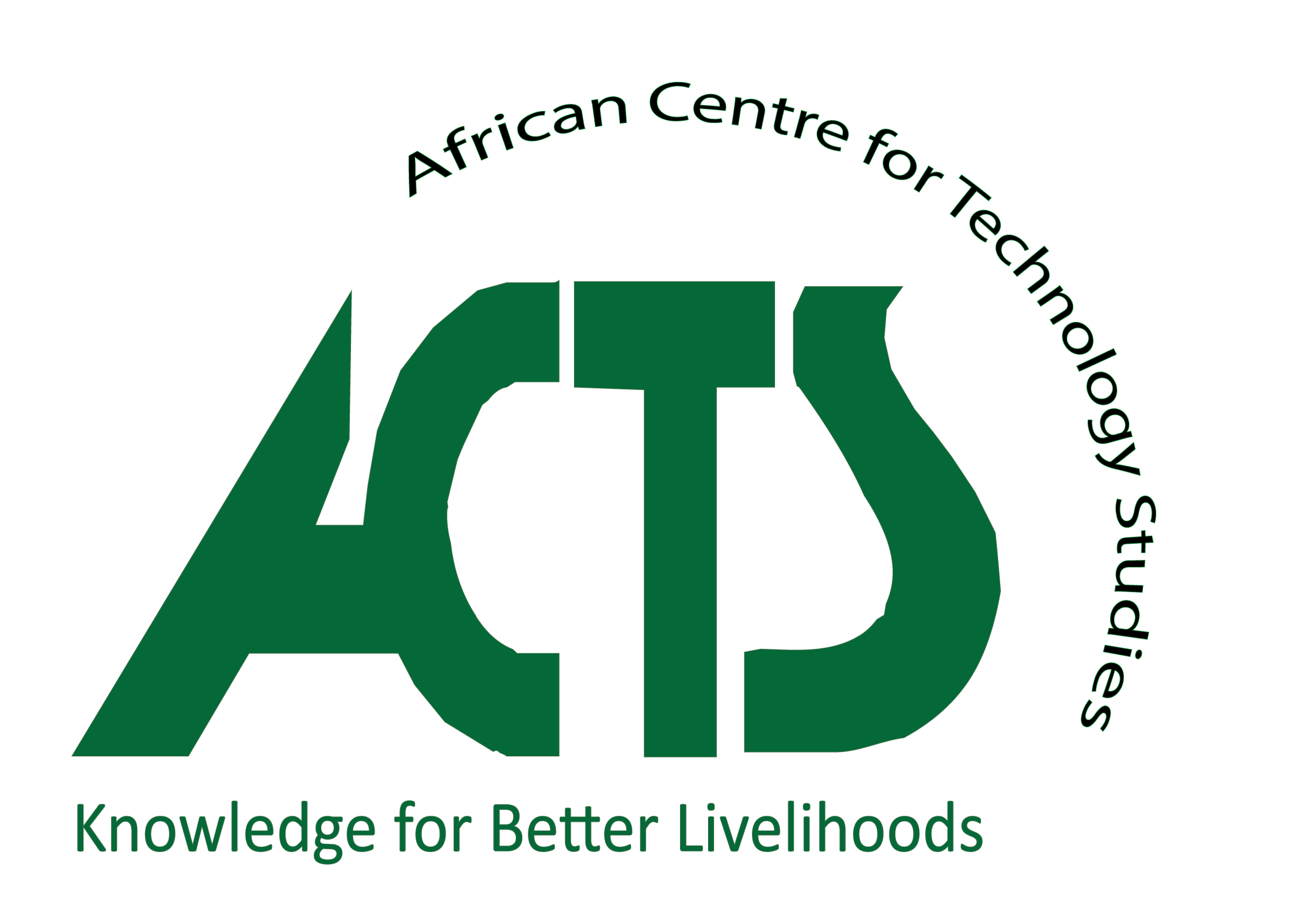By Joel Onyango, Eileen Lara, Richard Randle-Boggis, Christine Lamanna, Cassilde Muhoza, and Anne Kuria
The agrivoltaics concept is anchored on the co-utilisation of land for agricultural production, solar energy generation, and water harvesting.
Agrivoltaics idea for ‘harvesting the sun twice,’ and using the same land over, is an extraordinary opportunity for rural Africa. In East Africa, the Agrivoltaics project - funded by the Global Challenges Research Fund (GCRF) and the University of Sheffield - has demonstrated its value for multiple stakeholders in energy, agriculture, water, and micro-climate creation. It is exciting, for many stakeholders in arid-and-semi-arid areas, to be able to harvest the solar irradiance - that makes many a visitor uncomfortable - for energy in often off-grid areas, use the water harvested for irrigation and animals, produce food beneath the panels, or create a ‘cooler’ shade for animals. Talking and listening to many stakeholders, the opportunities available for agrivoltaics technology is unmatched in bringing together the core perspectives of day-to-day living. However, this interest is not matched by the agency the stakeholders have in efforts to accelerate the practice and uptake of the technology. Does this mean that the agrivoltaics excitement and interest is halted? Perhaps? Partners in the Agrivoltaics project - African Centre for Technology Studies (ACTS) and Centre for Research in Energy and Energy Conservation (CREEC), together with Center for International Forestry Research - World Agroforestry Centre (CIFOR-ICRAF), University of Sheffield, Stockholm Environment Institute (SEI), Latia Farm Kenya and Sustainable Agriculture Tanzania (SAT) - are set to change this narrative by building the agency of stakeholders to accelerate and sustain the uptake of agrivoltaics solutions. The strategies to change this narrative have been very well received among stakeholders with interest in (and ‘some’ influence on) agrivoltaics development.
 |
| Agrivoltaics system set-up - it is anchored on the co-utilisation of land for agricultural production, solar energy generation, and water harvesting |
At the primary level, is the push to change the perception on current vs future cost of agrivoltaics, as well as influencing public opinion on the practicality and suitability of this technology in the region. The team has set up demonstration centres in Kenya (in collaboration with Latia Farm) and Tanzania (together with SAT Tanzania) to show how useful, practical, and viable agrivoltaics systems can be. Latia Farm team, who have been using this technology, confirmed that the agrivoltaics system has reduced their electricity bills by 55%. And in comparison, with their regular land-based production units, they have been able to harvest a full tank of water (which they can use to irrigate their farm). Moreover, the Latia Farm has demonstrated that crops yield from the agrivoltaics system – though with mixed results - is encouraging, and the farm is able to break even! By sharing their impact story, Latia farm, as an agrivoltaics system user, has elicited the interest of stakeholders on agrivoltaics.
What was to be an introduction to agrivoltaics, and launch of the Latia Farm’s agrivoltaics system, turned out to be an opportunity for stakeholders to reframe energy and agricultural production and utility systems. Stakeholders have begun to appreciate the need to consider energy as an enabler for agriculture by integrating agrivoltaics into the development agenda – and situating it strategically within the climate action agenda. For instance, the County Government of Kajiado has been charged and challenged to consider developing a county level legislation or strategy that would support the agrivoltaics agenda. And ACTS and the agrivoltaics project team, are keen to follow-up on this process towards reframing energy-agriculture system as a single problem, rather than a diversity of problems.
 |
|
Agrivoltaics team in SAT, Tanzania
|
The advent of the nascent yet transformative agrivoltaics solutions needs thought leadership, and a ‘home’ to keep the momentum at peak. Through networking opportunities, as well as dialogues and formation of community of practice, as a praxis opportunity, is a formidable first step. For instance, dialogue among regulators, SMMEs, researchers and practitioners offer an opportunity for stakeholders to deliberate on the bottlenecks for agrivoltaics! Issues relating to ownership and sustainability of off-grid agrivoltaics systems as well as alternative use of agrivoltaics set-ups for aquaculture, forestry and apiary, and scale and initial investments needed for agrivoltaics have also emerged. This demonstrate the transformative change for agrivoltaics agency when an agrivoltaics community of practice is initiated for the search of both off- and online conversations and solutions.
It is important to think about systematic capacity building for the engineering, automation, agronomical and socioeconomic capacities to support scaling of agrivoltaics and continue building agency for stakeholders. Also, there is a need to move from talk-shops to actual workshops. The transition from talk to work, needs a sharable curriculum across institutions in a way that can lead to fundamental and optimised institutional configurations and scaling business models. The optimisation requires integration of agrivoltaics development in subnational and national planning, including embracing the diversity of stakeholders needed to enhance agency of action beyond the current level of interest.
Moving from interest, to influence, needs agency! The agrivoltaics project in East Africa, has demonstrated the value of harvesting the sun twice agenda. This has enhanced interest in agrivoltaics in the project’s initial phase. As the phase gathers pace, the project aims to accelerate the potential for adoption of agrivoltaics technology in both small and large-scale systems. However, this requires review of the policy environment, institutional collaboration, and development of business models. In addition, it is important, to track the success of agrivoltaics, learn from the pitfalls, and act along national development agenda and visions, as well as the SDGs and global climate action. Every individual can support this action in a bid to strengthen the agrivoltaics movement and transform the agro-energy sectors and rural livelihoods in Africa.


